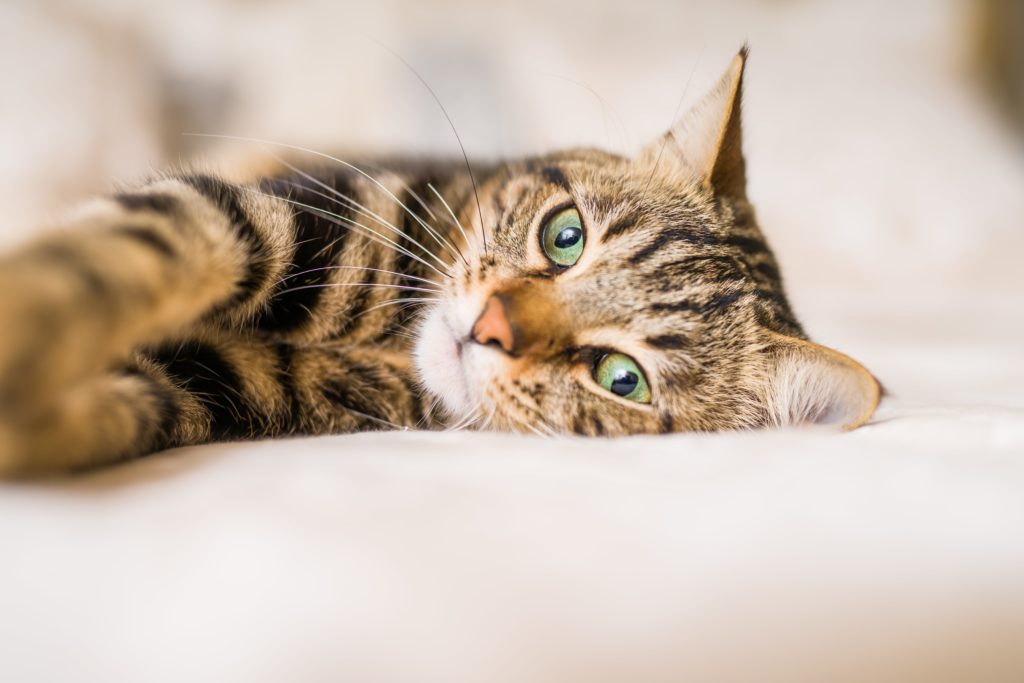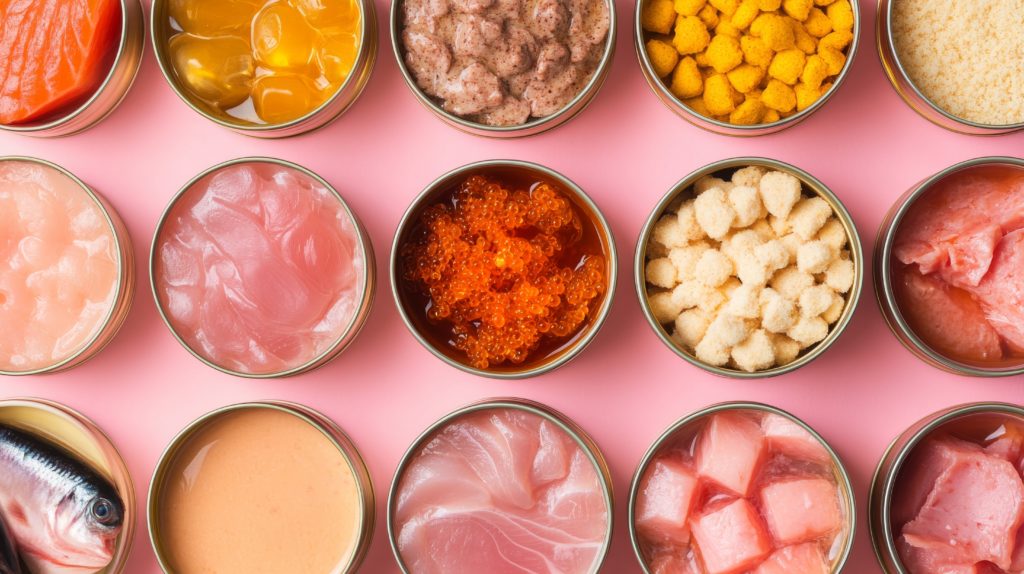Introduction
The humanization of pets is a trend that continues to grow. This is because the role of animals has evolved from functional into a companion considered part of the family. 85% of global cat owners say that they have an emotional connection with their cat. In addition, one in seven owners treat their cat as if it were their child. Cat owners evaluate their pets quality of life according to human standards. These owners take a proactive approach towards their pet’s physical and mental wellness.

Willingness to trade-up
Over two thirds of cat owners globally say that they put as much emphasis on quality when seeking out products for their pet as they would when buying food for themselves. Owners will seek products that meet both their own needs (nutrition, health benefits) and their pet’s needs (taste). In addition, they will be more willing to trade-up on products that offer extra quality.
Cat owners continue to purchase non-essential products that are seen to be beneficial for their cats, including supplements and treats. This is despite spending having become more considered in general. The continued spending on such products further highlights the emotional connection that people have with their pets. Rather than spending less and compromising on quality, greater focus will be placed on either absorbing costs or making savings elsewhere.

Commitment towards health & wellness
Digestion, immunity and maintaining general wellness are the top three most appealing health and wellness claims for cat owners globally. This mirrors human concerns around how digestive health impacts overall wellness. This is another example of how owners want to ensure their pets are cared for to the same level as they would care for themselves.
Products with multifunctional health benefits appeal to the most owners. This is due to the convenience and value associated with multiple claims in one product, especially if their cat is not currently suffering with specific symptoms or issues.
Weight management is emerging as a key concern for cat owners as they recognize that non-essential consumption occasions can lead to weight gain for their pets. It is understood that their pet being overweight could lead to long-term health issues and may affect the cat’s quality of life. Owners are seeking healthier pet food and treat products. They are trying to encourage their cats to undertake more physical activity. An example of this is by taking more time to play with their pet.
Prioritizing taste and indulgence
Taste is important to owners when seeking out pet products. This is in the same way that taste and sensory appeal is important when looking to buy human food. In fact, four in ten owners globally say that they are willing to compromise on nutrition if they feel their cat prefers the taste of a certain pet product.
This may also reflect human perceptions around better-for-you products potentially compromising on taste. It is important, therefore, that health and nutrition messaging on pet products is not seen to come at the cost of great taste, especially at a time when owners are wanting to make sure their pets enjoy their lives as much as possible.